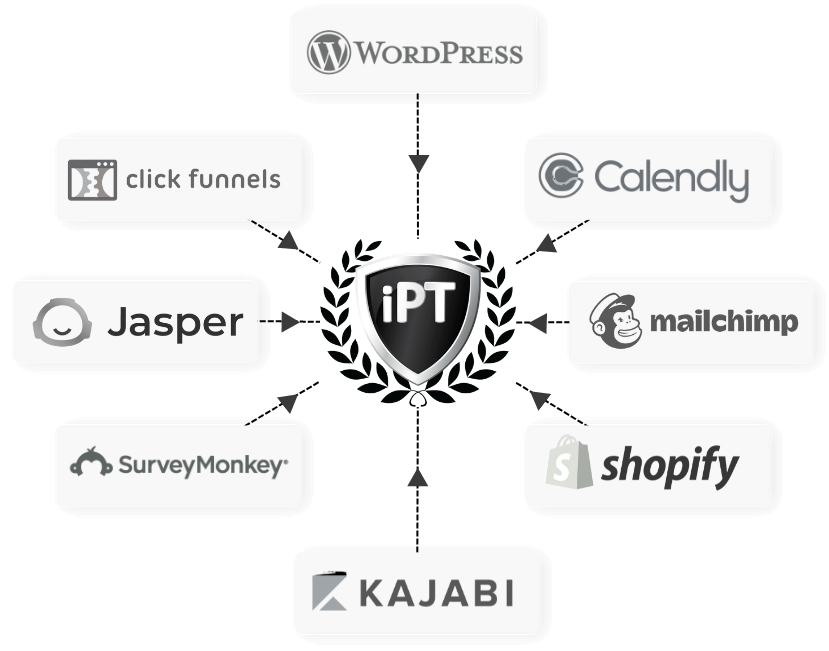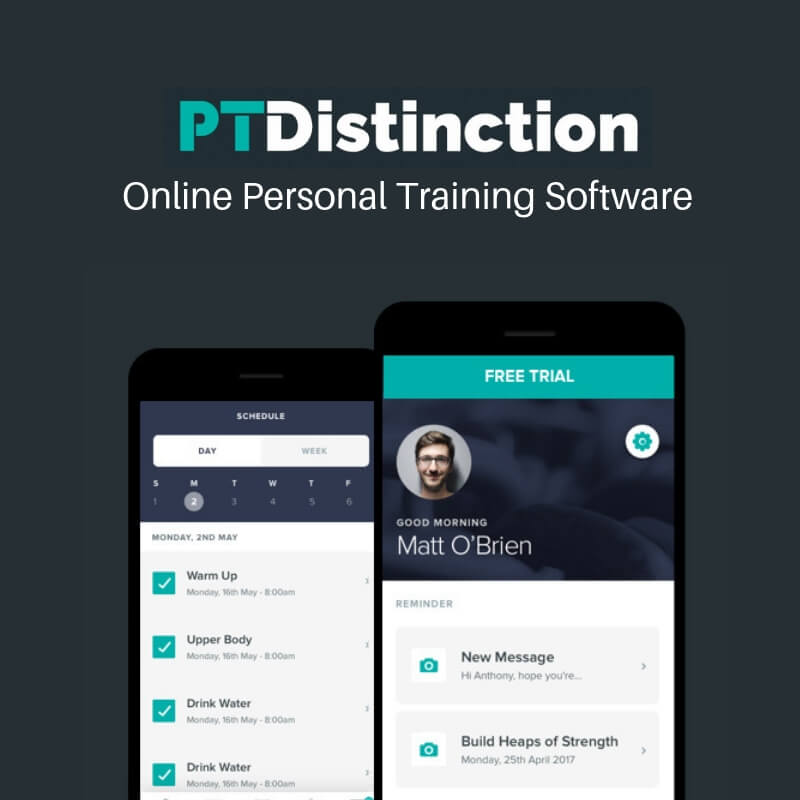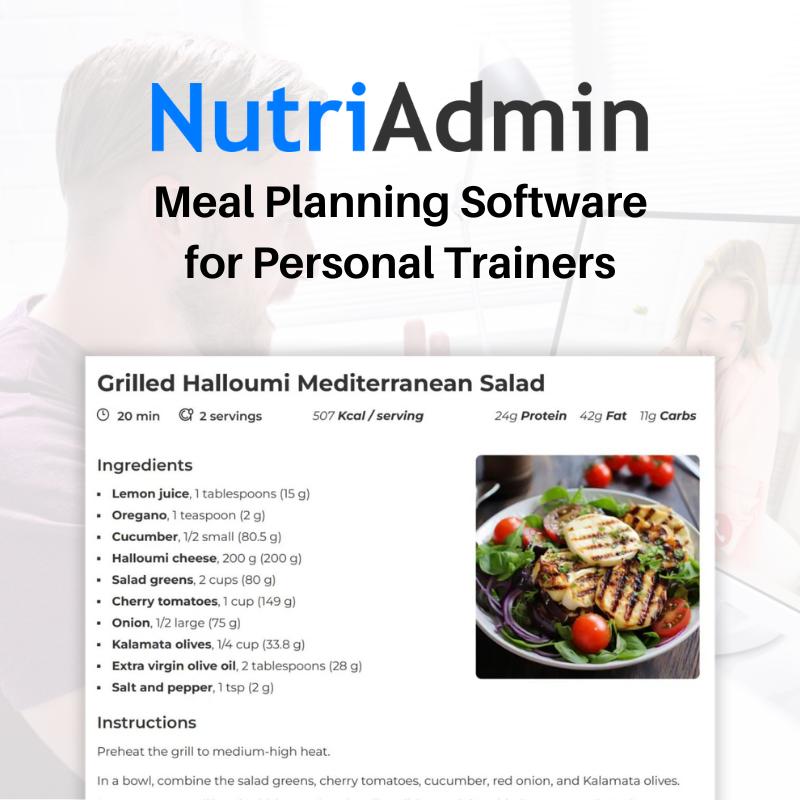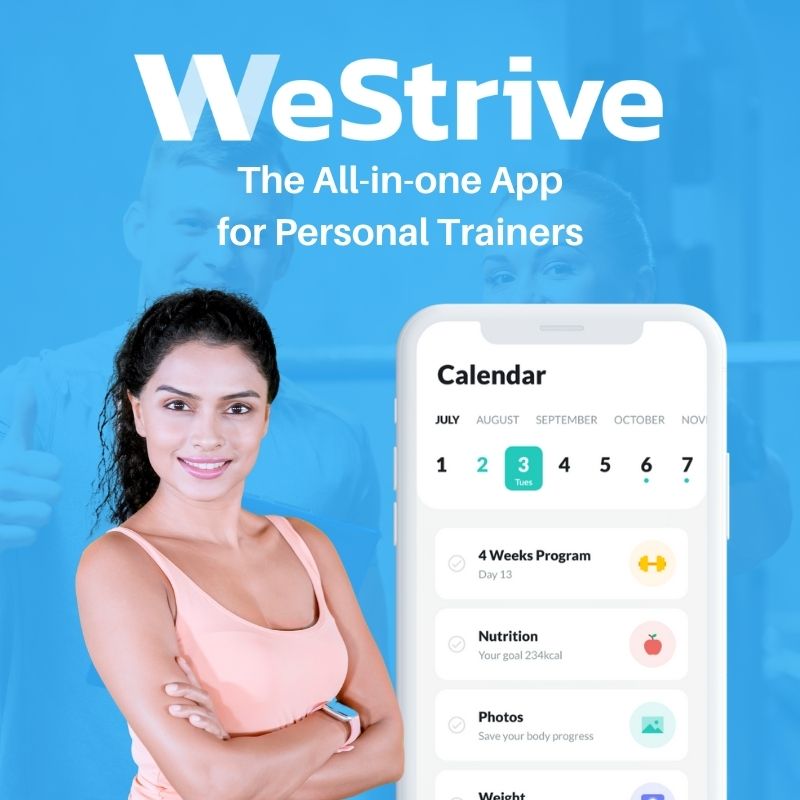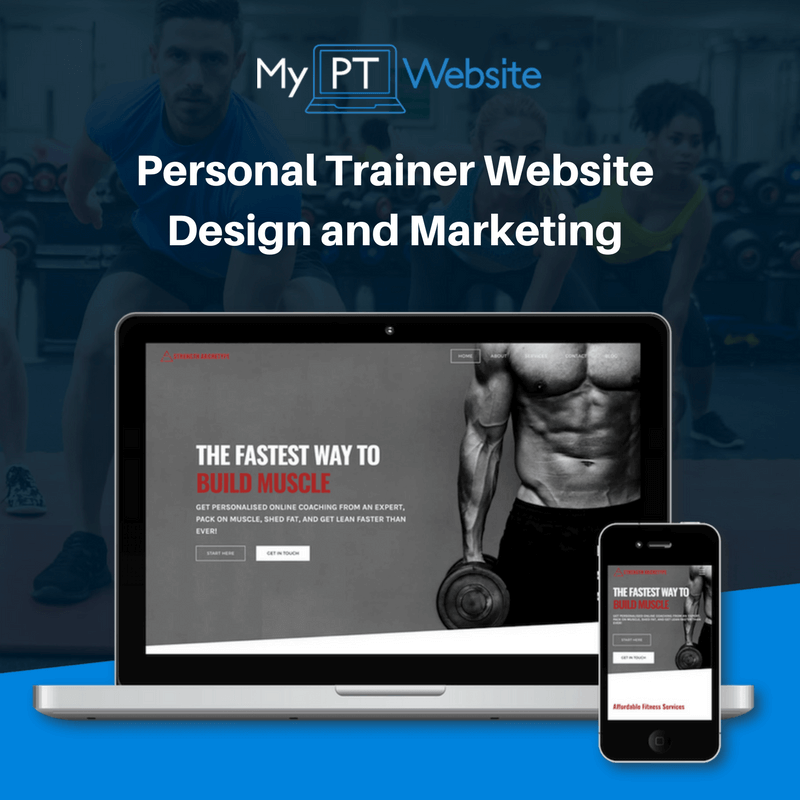Learn More About Turning Likes Into Leads
What You'll Learn
In this lesson plan you’re going to learn about the leading ways to attract, engage and inspire new clients and customers using the Internet’s hottest social platform – Facebook!
Why is This Important?
The purpose of this lesson is to equip you with a number of tactics and strategies that will help you to use your time efficiently and effectively on Facebook.
In this lesson plan you’re going to learn about the leading ways to attract, engage and inspire new clients and customers using the Internet’s hottest social platform – Facebook!
Why is This Important?
The purpose of this lesson is to equip you with a number of tactics and strategies that will help you to use your time efficiently and effectively on Facebook.
There are so many tools and so many options when it comes to marketing on Facebook that you could easily go off in several directions without actually achieving what you set out to do, which is hopefully to grow your personal trainer business and income.
At the end of this lesson you’ll have a clear idea of exactly what you can implement to start building your business right away.
We’ll be covering a lot of material, so we recommend that you clear away all distractions and try to avoid texting or checking email during your learning session. We don’t want you to miss a thing!
You’re here to learn how to make one of the world’s greatest marketing machines work for your business. This is an exciting decision and one that could make all the difference in the way you interact with clients and customers going forward. Not only will you have new ways to promote your company but your target market will have new ways to interact and engage with you and your company brand.
Let’s begin.
At the end of this lesson you’ll have a clear idea of exactly what you can implement to start building your business right away.
We’ll be covering a lot of material, so we recommend that you clear away all distractions and try to avoid texting or checking email during your learning session. We don’t want you to miss a thing!
You’re here to learn how to make one of the world’s greatest marketing machines work for your business. This is an exciting decision and one that could make all the difference in the way you interact with clients and customers going forward. Not only will you have new ways to promote your company but your target market will have new ways to interact and engage with you and your company brand.
Let’s begin.
Create a Plan
You’ll need to always keep in the forefront of your mind that your business isn’t Facebook. Your business is to increase sales. When you’re on Facebook it can be easy to become distracted as mentioned previously. One way to deal with this and to ensure you do what you set out to do, is to have a plan.
The first step of your plan is to identify your objectives. Is to increase sales? Is it to promote a particular product or event? Is it to build brand loyalty and awareness? Your objectives in any given plan may be one or two of these things or all. The decision is yours to make and that depends on the plan.
Generally you’ll want to do the following to create your plan:
If you succeeded then repeat! If not, look at where you could have changed strategies, then adjust and start again.
The first step of your plan is to identify your objectives. Is to increase sales? Is it to promote a particular product or event? Is it to build brand loyalty and awareness? Your objectives in any given plan may be one or two of these things or all. The decision is yours to make and that depends on the plan.
Generally you’ll want to do the following to create your plan:
- Identify the purpose of your Facebook campaign (e.g., increase sales)
This can be anything from brand awareness to increasing sales. There are a million and one reasons to start a Facebook campaign and each one comes with its respective plan. - Identify your target audience
This will help you to determine which groups you might want to join to start networking with potential customers or clients and it will also help you to answer questions about demographics and target markets when developing a Facebook advertisement campaign (something I highly recommend). - Determine the strategies you will use to reach your target audience to promote your product or service. Following are some examples:
- Create a monthly editorial calendar of daily posts on a particular topic, designed to generate comments and discussion that ultimately reinforce the need for your product or service.
- Launch a Facebook advertising campaign that will help to promote your product/service to a wide segment of your target market.
- Launch a YouTube video contest on your business page – promote prizes and generate excitement for the contest.
- Use your Facebook page to build a list separate from Facebook – offer a free gift as an incentive to encourage visitors to share with you their name and email address. - Determine how you measure the success of each strategy and then MEASURE.
Use many of the analytical tools provided by Facebook (we’ll discuss these tools later in the workbook). If things aren’t working after a decent interval of time, adjust as needed. - At the conclusion of your campaign or promotional effort, examine how successful your overall initiative was at increasing your sales.
If you succeeded then repeat! If not, look at where you could have changed strategies, then adjust and start again.
Get More Likes
Seeing hundreds and thousands of “Likes” on a Facebook Page provides the “social proof” that this place is a happening place! The product, service or idea being marketed is something that a lot of people relate to and, well, like! So why wouldn’t you want to join the party as well? That’s the kind of reasoning that has made the Facebook Page “Likes” system a really successful model.
So what do you need to do to get more likes? Common sense would say provide the content your target market want and do so frequently and consistently. That is definitely part of the equation but if you’re on a timeline to raise awareness and create excitement and support for your business, you likely want to kick-start your Page with strategy that will attract attention and fans.
According to a poll published by Econsultancy, the number one reason people decide to like a Facebook Page is that they received a reminder by the Facebook Page Administrator about a promotion or special offer. We’ll talk more about promotions and contests in the next section but let’s look at a few more ways to generate “Likes” for your Facebook Page:
Generally speaking to get more likes you really need to understand what your target wants and provide that to them in the most convenient way possible. Consider a tip of the day and provide that tip at the same time each day.
Perhaps you can create a calendar where you focus on some topic or them each day and invite your audience to join in the discussion. Again your choices of themes and topics will reflect the interests of your audience. As you fulfill their needs you’ll increase your chances of more “likes” from visitors and more referrals from those visitors who have become loyal fans!
So what do you need to do to get more likes? Common sense would say provide the content your target market want and do so frequently and consistently. That is definitely part of the equation but if you’re on a timeline to raise awareness and create excitement and support for your business, you likely want to kick-start your Page with strategy that will attract attention and fans.
According to a poll published by Econsultancy, the number one reason people decide to like a Facebook Page is that they received a reminder by the Facebook Page Administrator about a promotion or special offer. We’ll talk more about promotions and contests in the next section but let’s look at a few more ways to generate “Likes” for your Facebook Page:
- Purchase ads that can promote your page beyond your immediate network and a make sure when you launch your Facebook ad campaign that you are publishing interesting and valuable content on a regular basis. You wouldn’t want to pay for the traffic and have people leave before liking because they found valuable to read.
- If you’re a local business – make sure your page is set up as a Facebook “Place” this means that customers can check in at each location. When using a smart phone or tablet the user is immediately presented with a Like button which can help to generate additional “Likes.”
Generally speaking to get more likes you really need to understand what your target wants and provide that to them in the most convenient way possible. Consider a tip of the day and provide that tip at the same time each day.
Perhaps you can create a calendar where you focus on some topic or them each day and invite your audience to join in the discussion. Again your choices of themes and topics will reflect the interests of your audience. As you fulfill their needs you’ll increase your chances of more “likes” from visitors and more referrals from those visitors who have become loyal fans!
Building Interaction
We talked earlier about achieving immediate goals like increasing likes on a page through big impact events like contests and sweepstakes. But if your goal is to increase likes you’ll need to do more than attract temporary in your page – you’ll need to develop a loyal fan base that will begin to regard you/your brand as a leading authority in your section of the marketplace.
To achieve that, you’ll need to support strategic and authentic interaction. As I’ve mentioned before, creating an editorial calendar that supports your marketing strategy (special events, promotions, new product launches, etc.) can generate enormous interest in your audience if you are consistent in providing high value information, products and services.
Question and Answer Sessions:
Consider hosting weekly Q & A sessions where you make yourself and other informed members of your community available to answer questions. Plan ahead to have some of your community members ready with questions that they can ask you during a 60-minute time slot in the evening to accommodate people who would like to participate after returning home from work.
Post Daily Tips:
Make a commitment to post daily tips at a certain time each day. Ensure the tips are brief but useful and relevant for the kind of customers/clients that you serve. Useful tips may encourage questions and sharing on other pages (we’ll discuss shareable content in a few minutes).
Share pictures of you/your brand in the community:
Are you meeting with a client that isn’t camera shy? With your client’s permission post a picture of you in action providing the service that you promote on your page? Or perhaps you’re speaking at conference – make sure you post many pictures from the event. Being a speaker at a major event makes you a celebrity to your audience.
Don’t overlook the opportunity to share and promote your involvement in high profile events. If you produce a product, I hope you are sharing images of that product whenever appropriate. Your audience likes and needs to see what it is you are promoting – this will help to advance your sales.
Share Experiences – good and bad:
Now, you don’t have to share your dirty laundry, but if you have a work related case study that involved overcoming some significant challenges, consider sharing the experience in a concise post on your page or make it a blog post and share the link on your page. A more personal sharing of experiences helps to bring you closer to your audience and reinforces your commitment to being authentic and “real.”
Make it about the community not just your business: Ask questions and solicit comments that help the community to learn more about their peers.
To achieve that, you’ll need to support strategic and authentic interaction. As I’ve mentioned before, creating an editorial calendar that supports your marketing strategy (special events, promotions, new product launches, etc.) can generate enormous interest in your audience if you are consistent in providing high value information, products and services.
Question and Answer Sessions:
Consider hosting weekly Q & A sessions where you make yourself and other informed members of your community available to answer questions. Plan ahead to have some of your community members ready with questions that they can ask you during a 60-minute time slot in the evening to accommodate people who would like to participate after returning home from work.
Post Daily Tips:
Make a commitment to post daily tips at a certain time each day. Ensure the tips are brief but useful and relevant for the kind of customers/clients that you serve. Useful tips may encourage questions and sharing on other pages (we’ll discuss shareable content in a few minutes).
Share pictures of you/your brand in the community:
Are you meeting with a client that isn’t camera shy? With your client’s permission post a picture of you in action providing the service that you promote on your page? Or perhaps you’re speaking at conference – make sure you post many pictures from the event. Being a speaker at a major event makes you a celebrity to your audience.
Don’t overlook the opportunity to share and promote your involvement in high profile events. If you produce a product, I hope you are sharing images of that product whenever appropriate. Your audience likes and needs to see what it is you are promoting – this will help to advance your sales.
Share Experiences – good and bad:
Now, you don’t have to share your dirty laundry, but if you have a work related case study that involved overcoming some significant challenges, consider sharing the experience in a concise post on your page or make it a blog post and share the link on your page. A more personal sharing of experiences helps to bring you closer to your audience and reinforces your commitment to being authentic and “real.”
Make it about the community not just your business: Ask questions and solicit comments that help the community to learn more about their peers.
Turning Your Likes To Leads
If you’re still wondering where the payoff is for all this engagement ask yourself this question:
Would you be more inclined to buy a product based on a print advertisement that highlighted the benefits you wanted from that item or based on an actual conversation on Facebook that you had with a representative of the company producing the product?
Because we live in increasingly cynical times traditional advertising doesn’t have the power and influence it once had. We no longer trust “marketing messages.” We want authentic responses from real people. For this reason you’d likely be more inclined to purchase after “engaging” a real person – someone who could answer your questions.
You’d also be encouraged to purchase only after reading comments made by others on the company’s Facebook page about the product.
With information more accessible to more people than ever before, consumers aren’t waiting for companies to educate them on products – consumers are doing the research themselves and they are sharing that information with each other on networks like Facebook.
What this means for businesses is that you have to be involved in these discussions, but doesn’t mean you’ve lost all control. You can actually provide a place for discussion through your own Facebook page. By providing regular updates that feature information your target market can use, you become the “host” for a dialogue that can support customer interest and attention to your product or service.
You might create an editorial calendar on topics that ultimately demonstrate how valuable your product is to your target market and then post topics according to that calendar. For example let’s say you produce nutritional programs. You might start a discussion on the best strategies for fat loss (sorry, very generic!).
As your Facebook followers respond with ideas you too can participate and when appropriate mention any of your products that might complement the games mentioned. Consider how much better your suggestion would be received within the context of a discussion about nutritional programming ideas versus a commercially focused status update that simply promoted your site.
This is what engagement is all about and why if you use Facebook effectively you have the potential of increasing sales at a tiny fraction of what it would have cost you to advertise and market in the traditional way.
Would you be more inclined to buy a product based on a print advertisement that highlighted the benefits you wanted from that item or based on an actual conversation on Facebook that you had with a representative of the company producing the product?
Because we live in increasingly cynical times traditional advertising doesn’t have the power and influence it once had. We no longer trust “marketing messages.” We want authentic responses from real people. For this reason you’d likely be more inclined to purchase after “engaging” a real person – someone who could answer your questions.
You’d also be encouraged to purchase only after reading comments made by others on the company’s Facebook page about the product.
With information more accessible to more people than ever before, consumers aren’t waiting for companies to educate them on products – consumers are doing the research themselves and they are sharing that information with each other on networks like Facebook.
What this means for businesses is that you have to be involved in these discussions, but doesn’t mean you’ve lost all control. You can actually provide a place for discussion through your own Facebook page. By providing regular updates that feature information your target market can use, you become the “host” for a dialogue that can support customer interest and attention to your product or service.
You might create an editorial calendar on topics that ultimately demonstrate how valuable your product is to your target market and then post topics according to that calendar. For example let’s say you produce nutritional programs. You might start a discussion on the best strategies for fat loss (sorry, very generic!).
As your Facebook followers respond with ideas you too can participate and when appropriate mention any of your products that might complement the games mentioned. Consider how much better your suggestion would be received within the context of a discussion about nutritional programming ideas versus a commercially focused status update that simply promoted your site.
This is what engagement is all about and why if you use Facebook effectively you have the potential of increasing sales at a tiny fraction of what it would have cost you to advertise and market in the traditional way.

